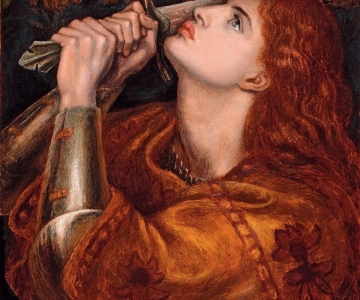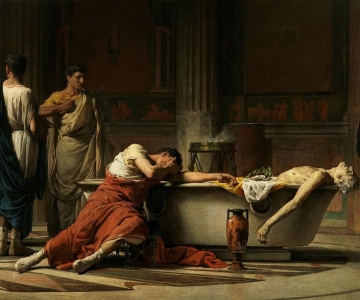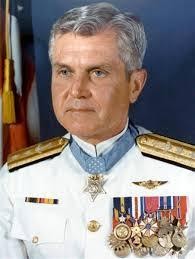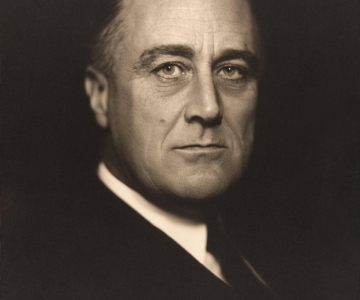
How Does a Stoic Grieve?
The way a Stoic grieves is vastly different from that of the average person, but there is a logic behind that is based on their dichotomy of control. This core idea of Stoic philosophy teaches that our world is composed of things we can control and others we…

Misconceptions about Stoicism
People who are not fully open to something new will tend to focus on reasons to avoid this new thing, even if those reasons are false. The philosophy of Stoicism is no exclusion to this custom. Today, I’m going to share a few common misconceptions people have about…

Joan of Arc: A Stoic Role Model
When the Stoic philosopher Epictetus urged us to choose a role model to follow to germinate our philosophical wisdom, few would consider Joan of Arc to be a relevant choice. Joan lacked education and was a very religious woman, but she had incredibly strong morals and a natural…

On the Firmness of the Wise Person
De Constantia Sapientis or On the Firmness of the Wise Person was written by the Stoic philosopher Seneca to his friend Serenus. It is a moral essay on the challenges of becoming a Stoic. It is necessary to remark that Serenus was the same friend to whom Seneca…

The Death of Seneca
Seneca was a Roman Stoic philosopher who was noteworthy throughout his life for his enlightened thoughts and strength of character. It is only fitting, then, that his death also served as a symbol of his beliefs. Seneca the Younger was a man of many great deeds. His philosophical…

On Providence
De Providentia or “On Providence” is a philosophical masterpiece by Seneca the Younger about the problem of providence (divine intervention in the universe) in contrast to the suffering of good people. In this dialogue, Seneca writes to Lucilius explaining why good people suffer and why they are subjected…

On the Tranquil Mind
Many Stoic philosophers pondered on the nature of happiness and our purpose, which led some to the concept of euthymia. Euthymia is the Greek word for a balanced and tranquil mind (literally: good spiritedness). The Stoic philosopher Seneca tried to find the answer to the question: How can…

The Stockdale Paradox and its Connection to Stoicism
In the final days of his study at Stanford University, James Stockdale was presented with a text called the Enchiridion, written by the Stoic philosopher Epictetus. What may have appeared at first to be the theoretical musings of a long dead man, later became the source of Stockdale’s…

Abraham Lincoln and his Stoic Perspective
Let’s talk about one of the most important figures in American history and, arguably, world history as well. Abraham Lincoln was a self-made man who did not question his circumstances, but transformed them into great opportunities. President Lincoln was a man ahead of his time. He was able…

Finding Virtue in Adversity – Franklin D. Roosevelt
Franklin D. Roosevelt (1882-1945) was one of the most iconic presidents of the United States. However, few know that he was the victim of a disease that limited his movements, making him dependent on near-constant help from others. But that was not enough to limit his courage, power…
